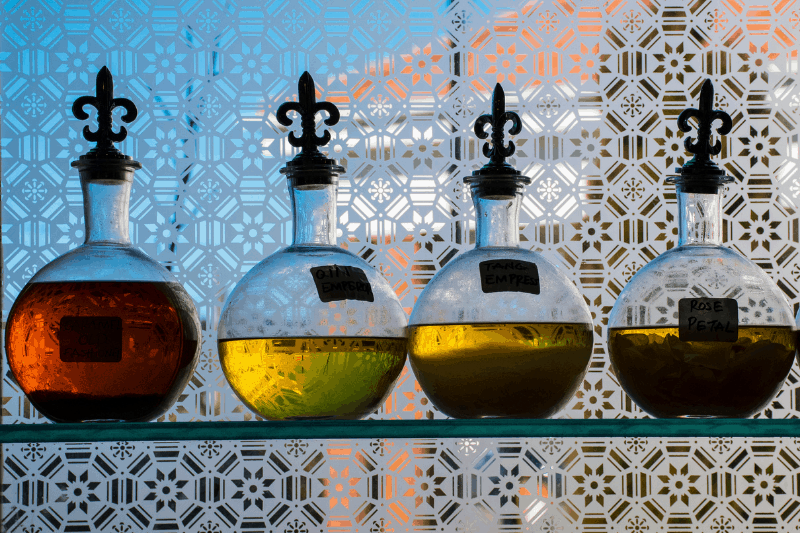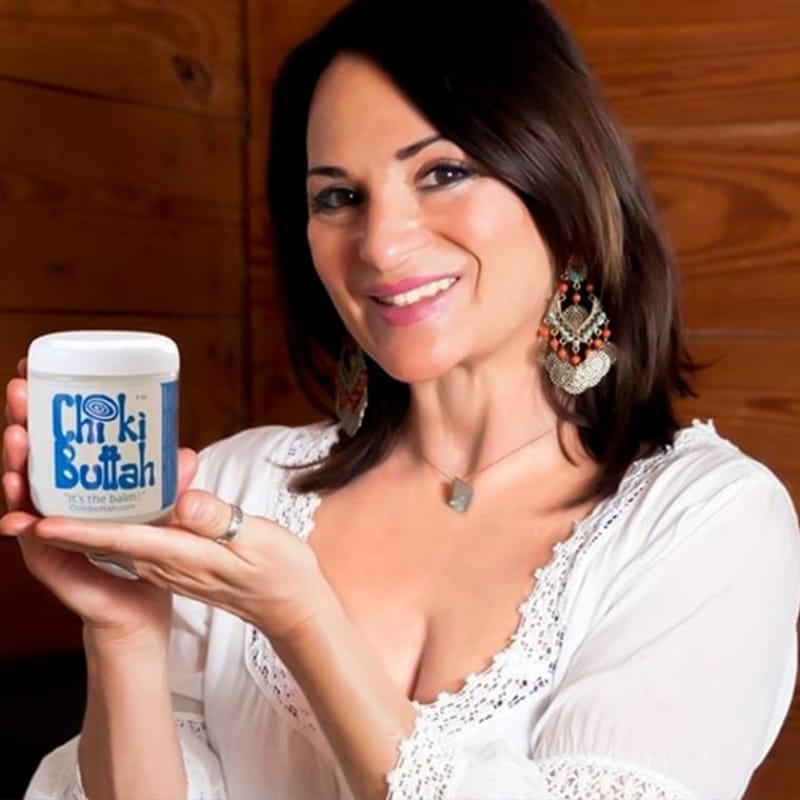





The history of perfume is an interesting subject!
Since Egyptian times back in 1000 B.C., perfumes and scents have always played an important role for humanity.
Back then, perfume was used for hygiene and cleanliness as well as for ceremonial rituals. It was also a symbol of nobility.
Perfumes were also used for purification purposes. The ancient Chinese and medieval Europeans believed that fragrance purified the air and prevented diseases. Ancient doctors would use perfumes medicinally to treat infections and even mental illness.
Perfume has an immediate effect on our limbic system! The Limbic system of the brain is a group of structures which governs emotions, behavior and memory and is closely associated with the sense of smell.
When we smell a particular natural fragrance, such as a flower, a forest, or a fresh peach, we instantly and subconsciously connect that smell to a place in our memory. Smells can evoke feelings and bring back memories that we had forgotten.
Perfumery is the mastery of artfully combining the essences of flowers, bark, wood, resins, roots, leaves, seeds, fruits and herbs and spices to reproduce these scents and creating a balanced bouquet with an alluring quality reminiscent of these familiar scents.
Sadly, perfumes of today are much different. Commercial brand perfumes are now primarily made with synthetic fragrances and ingredients for duration of the scent and preservation of the product. Basically, they’ve become nothing but toxic chemicals.
This is causing some serious health threats to us all and is especially dangerous for the reproductive and endocrine systems of both men and women. Particularly harmful in pregnant women, children and babies!
The fragrance mixture itself can be comprised of dozens, even hundreds, of individual chemicals, and laws do not require that they be listed on the label.
The FDA actually allows these perfume companies to lump fragrance chemicals together and list it as simply, “fragrance”. So, there is really no telling how many chemicals are in your perfume! There are SO many chemicals in commercial perfumes that they refuse to list them all.
Some people are more sensitive than others and even though you may not have a reaction to these chemicals, they can still have a negative impact on your long term health. Did you know that the perfume you are wearing can also have a negative impact on those around you? Kind of like the way second hand smoke does.
Some of these symptoms can include:
1.Headaches
2.Wheezing
3.Asthma
4.Dizziness
5.Fatigue
6.Disrupting the endocrine system causing hormonal imbalances. This can be harmful to your reproductive system.
7. Cause skin sensitivities like hives, itchy flaking skin, burning and redness.
8.Anxiety
9.Poor memory
Here is a list of some of the most toxic ingredients to look out for:
1.Fragrance
2.Parfum
3.Phthalates
4.Styrene
5.Galaxolide ketone and other musk ketones
7.Ethylene glycol
8.Acetaldehyde
9.Oxybenzone
Allergic reactions to perfumes aren’t uncommon. You can even develop an allergy to a product that you’ve used for years because of overexposure or changes to the formula’s ingredients. It’s important to know that chemicals found in fragrance are considered to be a neurotoxin and can affect the brain’s biochemistry.
Look for perfumes that list all of the ingredients on the label and that are made with all natural ingredients. Avoid ingredients like: “Parfum” or “fragrance” not only in perfume but all personal care products even cleaning products and laundry detergent.
If you are still unsure about a product, you can always use resources like Madesafe.org or EWG’s Skin Deep cosmetics to help you decide if the product is worthy.
Here’s to healthy living with clean natural products!
Wishing you all the best in health, peace and love,
Kim Keeshin


